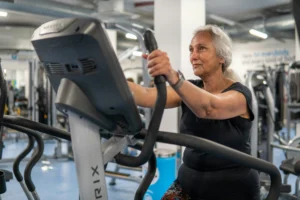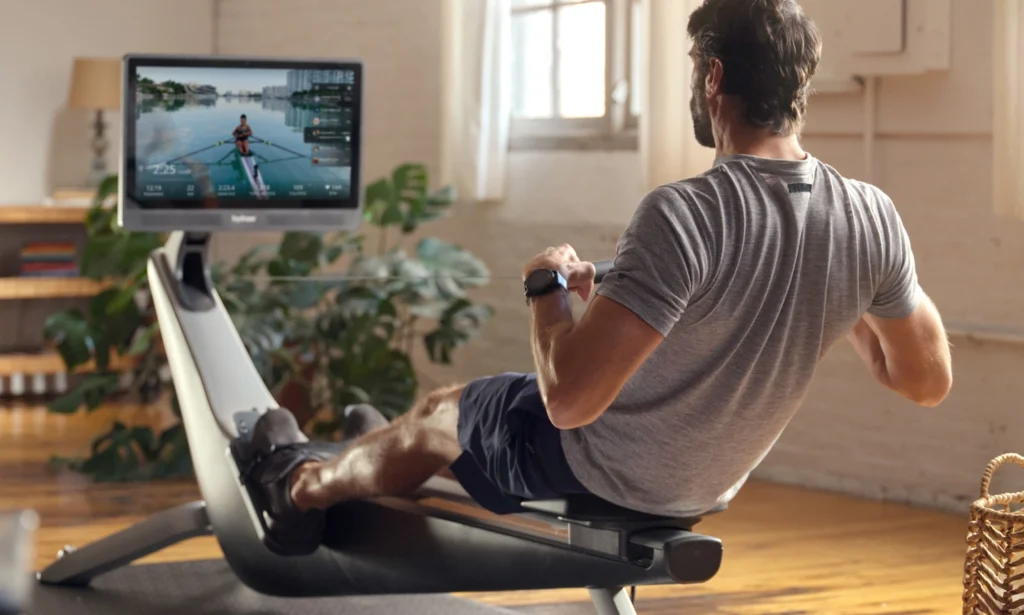
A new meta-analysis shows that very short bouts of activity can improve cardiorespiratory fitness in inactive adults and endurance in older adults
If “something is better than nothing” feels like the unofficial slogan of your workout routine, science has your back (somewhat).
A new meta-analysis of 11 randomized controlled trials finds that very short, structured bouts of movement, dubbed “exercise snacks,” can deliver real fitness gains in adults who aren’t meeting activity guidelines.
In total, the review, published in the British Journal of Sports Medicine, analyzed data from 11 clinical trials and 414 participants to test just how far a few minutes could go. The “exercise snacks” (bouts of moderate-to-vigorous effort lasting no more than five minutes, repeated at least twice per day) added up to real results. Cardiorespiratory fitness improved significantly, even when total weekly exercise time fell well below standard guidelines. In older adults, the same approach also increased endurance, albeit to a lesser extent.
Most younger participants engaged in stair climbing, while older adults used simple strength moves or tai chi. Weekly totals ranged from about 4.5 to 67.5 minutes, far less than guideline levels. Even so, people showed up: compliance averaged 91%, and adherence in unsupervised programs hit 82.8%, outpacing typical rates for both moderate and high-intensity training.
Beyond cardiorespiratory fitness, however, the review found no meaningful changes in strength, cholesterol, body fat or blood pressure. Researchers rated the overall evidence as limited: moderate for fitness, low for everything else, given the small and uneven pool of studies. Still, the authors say the findings point to a practical takeaway, where “exercise snacks” could help people overcome common barriers.
“The time-efficient nature of exercise snacks may help overcome common barriers to physical activity, such as perceived lack of time and low motivation,” the authors wrote, adding that flexible exercise bouts can be easier to integrate into daily routines.
Some fitness brands have already leaned into the “exercise snack” mentality. Hydrow, the connected rowing company, has launched “Snack Rows,” five- to fifteen-minute sessions designed to fit between Zoom calls or coffee breaks.

credit: Hydrow
The concept has also garnered the attention of fitness professionals. Michael Betts, a director at TrainFitness and a personal trainer with more than 35 years of experience, says even energetic cleaning sessions or quick garden sprints can count as simple exercise snacks.
“The key is recognizing opportunities throughout your day to move with more purpose,” he said. “These exercise snacks fit seamlessly into your existing routine — no scheduling required, no excuses needed. I’ve seen clients transform their health simply by taking the stairs more often and walking with intention rather than strolling. Small snacks, significant results.”
